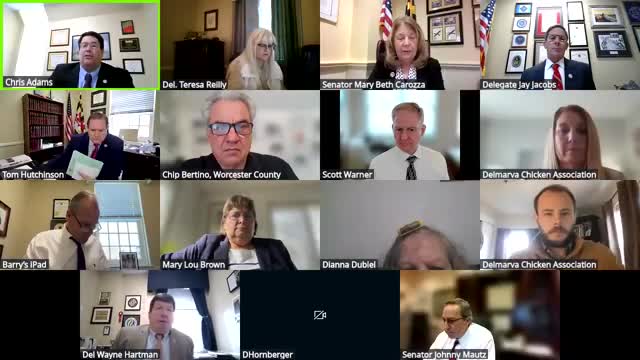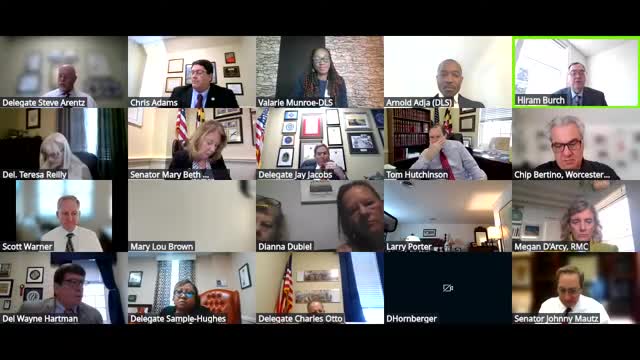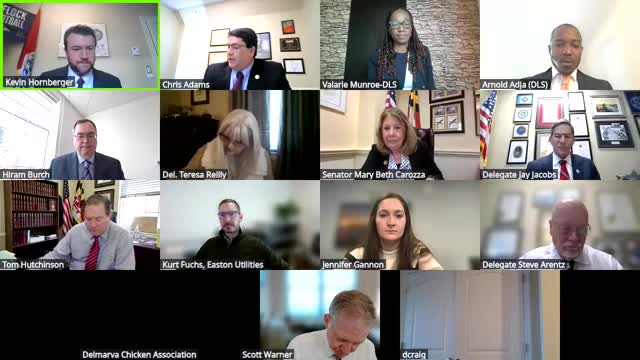Article not found
This article is no longer available. But don't worry—we've gathered other articles that discuss the same topic.

Delmarva Chicken Association: nine avian-influenza detections, four control areas released; biosecurity and business continuity priorities

Delmarva Power cites record winter peak, usage as primary driver of high bills; offers customer assistance and outreach

